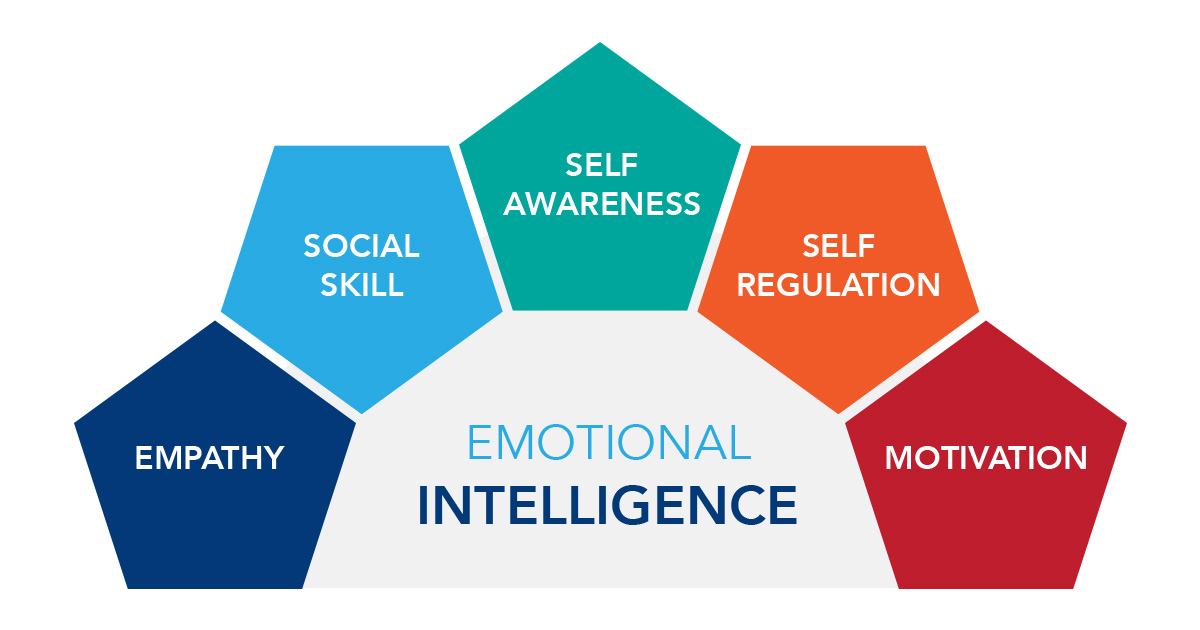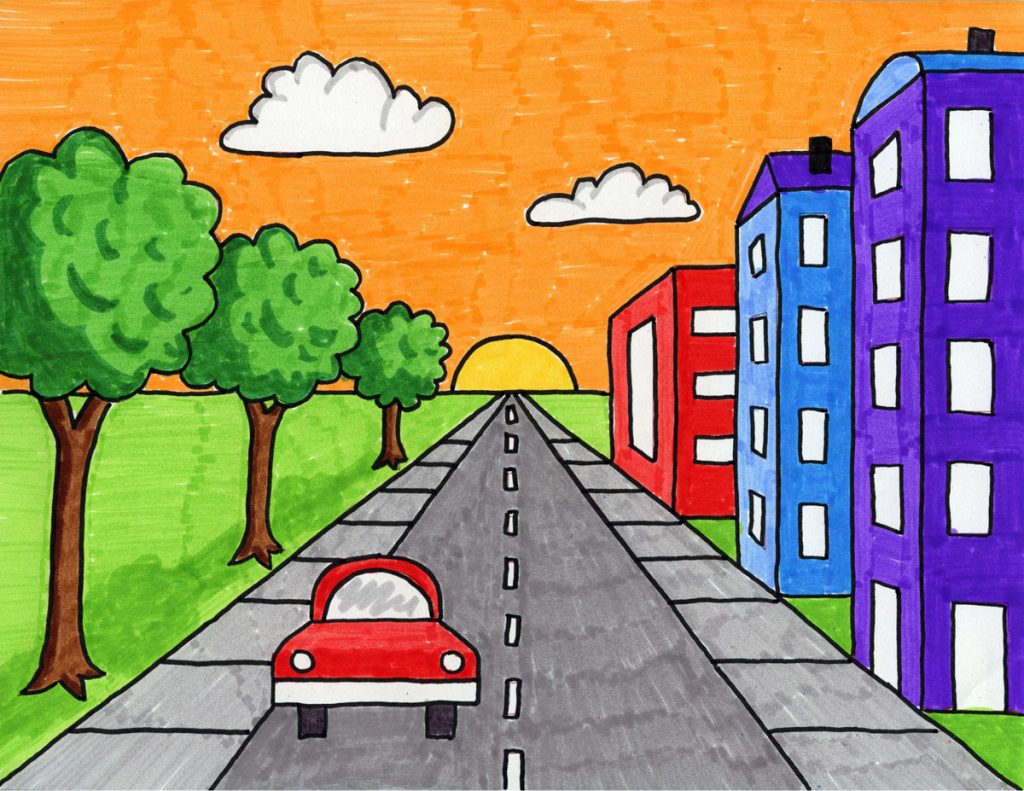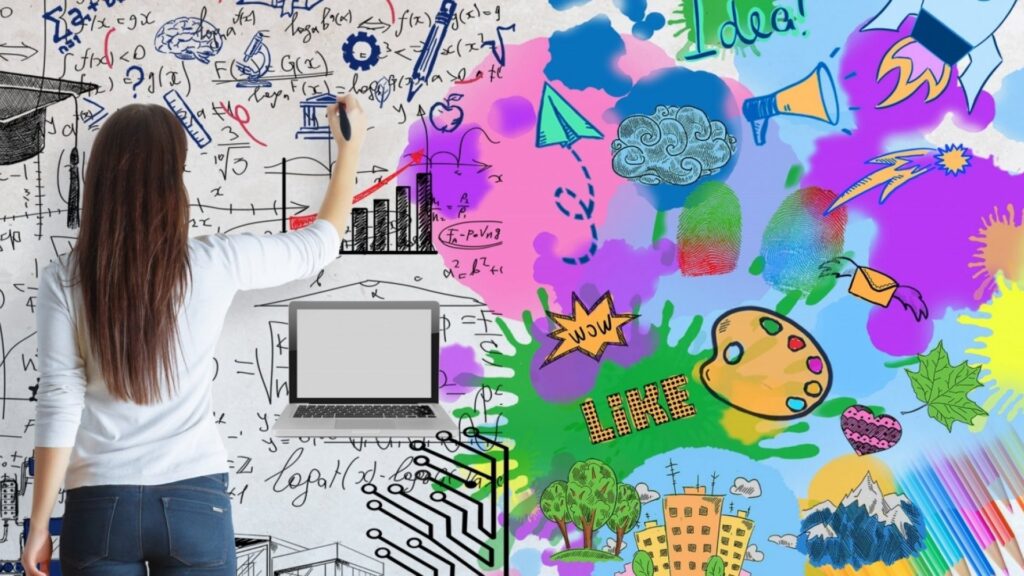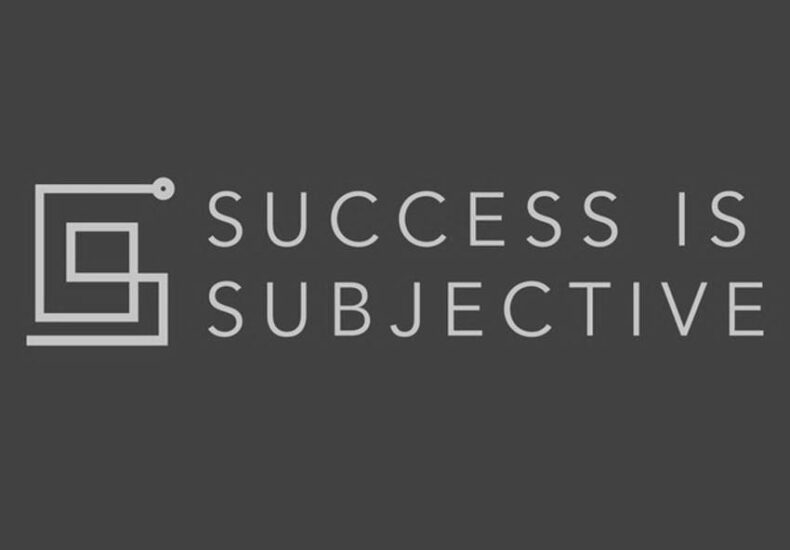
Child development involves the biological, psychological, and emotional changes that occur in a person between birth and the end of late adolescence.
Educating the mind without educating the heart is no education at all.
Aristotle
As Howard Gardner argued that a child evolves as his/her own need. Its important work on the dimensional aspects of a child needs from the beginning which include:
1. Intelligence Quotient (IQ)
Ability to learn, acquire and to deal with new or unfamiliar situations. To develop such on we focus on following objectives.
A) To think in broadly in various dimensions and a construct the high level of spatial reasoning and conceptualization
B) To analyze problems logically, carry out mathematical operations and investigate issues scientifically
The sub-aspects covered under IQ are:
- Word smart: This assesses the linguistic intelligence
- Mat smart: This assesses the memorial, reasoning and logical intelligence
- Digital smart: This assesses the technological intelligence
- People smart: This assesses the interpersonal-intelligence
- Self-smart: This assesses the intrapersonal-intelligence
- Nature smart: This assesses the naturalistic intelligence
- Music smart: This assesses the musical intelligence
- Situation smart: This assesses the practical intelligence
- Visually smart: This assesses the spatial intelligence
2. Emotional Quotient (EQ)
Introspection and self-reflection, and ability to communicate with others in a productive manner. Sensitivity to the emotions, feelings, temperaments, and motivations of others. It comes simply being able to comprehend and relate to others around you. The following sub-aspects included are:
- Self-awareness: In philosophy of self, self-awareness is the experience of one’s own personality or individuality.
- Self-regulation: Emotional self-regulation or emotion regulation is the ability to respond to the ongoing demands of experience with the range of emotions in a manner that is socially tolerable and sufficiently flexible to permit spontaneous reactions as well as the ability to delay spontaneous reactions as needed.
- Self-esteem: Self-esteem is an individual’s subjective evaluation of their own worth. Self-esteem encompasses beliefs about oneself as well as emotional states, such as triumph, despair, pride, and shame.
- Motivation: Two types of motivation-
- Internal: Motivation to accomplish your goal comes from within you.
- External: Motivation to attain your goal comes from a source outside yourself.
- Relationship management: Relationship management is a strategy in which an organization maintains an ongoing level of engagement with its audience.
- Social skills: Social skills are the skills we use every day to interact and communicate with others. They include verbal and non-verbal communication, such as speech, gesture, facial expression and body language

3. Spiritual Quotient (SQ)
Works on the foundation of valuing how existence of self- by self-love, self-compassion, kindness, generosity and openness. The activities that are put together aids in providing mental peace, which is very important for students during such difficult times.

4. Language And Speaking Skills
To have linguistic intelligence, to express well-with words, speaking and writing. Language allows us to share our ideas, thoughts, and feelings with others. It helps to build societies. Communication helps in speaking skills which connects us with people and also enables us to express our feelings and understand others.
Apart from English and Hindi, we teach our students the skills required to learn foreign languages. The languages we included are as follows:
- German:
- Largest number of native speakers in the European union are German speakers (far more than English)
- Amongst the top 10 most spoken language in the world
- French:
- Language of love
- An analytical language that structures the thoughts and develops critical thinking, which is valuable skill for discussions and negotiations.
- Learning French opens opportunities for top-ranked higher educational institutions in Europe, Canada. Also, for business schools.
Now, you must be wondering how it a language develops critical thinking? It’s because when language skills expand, students are encouraged to develop & use more complex words. This helps in opening up their thoughts more.
- Spanish:
- Official language for 21 countries.
- Best language for travel.
- Makes you more employable
Now you must be wondering how? Spanish is amongst 6 official languages used in the USA as well as 3rd most used language in the media.
Speaking more than one language appears to help the brain resist the effects of Alzheimer’s disease.

5. Perspective
As said by the author Joni Tada, “Perspective is everything when you are experiencing the challenges of life.” Therefore, it is must to have wider perspective at things in order to understand them more decently. This begins at an early age. The more exposure towards expanding the perspective of students, at an early age is provided by BrainWeave.
We have 4 types of perspective assessments:
A. Self-assessed perspective assessment
B. Peer-assessed perspective assessment
C. Parents-assessed perspective assessment
D. Teacher-assessed perspective assessment

6. Creativity
For the development of verbal divergent and visual divergent thinking. We all are aware that a creative mind can do wonders. Therefore, it is necessary to keep that creativity alive. With growing age, the studies can be demanding at a times and it can be arduous to keep the creative mind awake. Hence, BrainWeave presents that opportunity.
We have the following sub-aspects under creativity:
- Fluency
- Flexibility
- Originality
- Elaboration

7. Personality
Determining individual personality characteristics for better self-understanding and guidance in growth. Personality being another one of the aspects, is essential for every individual. Building a good personality starts with a tender age as well. The activities fashioned for the students help them to get a better look at their personalities and refine it accordingly.
Personality enhancement is our primary focus.

8. Fitness
To stay physically fit during such times can be quite a task, that too sitting at home. Thus, to keep doing simple activities can prevent your body and mind from being lethargic. It can help you to stay active and motivated throughout your day.
The following sub-aspects would be taught under fitness:
- Balance
- Coordination
- Body structure
- Muscular endurance
- Body composition
- Muscular strength
- Aerobic capacity
- Flexibility
- Power
- Speed

9. Knowledge
The information of required essential component of applied subjects like GK, Science, Social studies, etc.
The following topics would be covered under knowledge:
- General Knowledge
- Problem solving
- Famous personalities
- Currencies
- Countries, Capitals and Flags
- Famous places & Monuments
- Rules and laws

10. Life Skills
Life skills help students in their everyday life to find new ways of thinking and solving problems. It allows them to take responsibility for themselves and build their confidence.It’s for the adaptation of positive behaviors for challenging experiences in real life, interaction with different people, moral intuition and disagreement situations.
The following sub aspects are encompassed under life skills:
- Kindness
- Teamwork
- Self-control
- Compassion
- Identify crisis
- Prosocial behaviour
- Helping hand










